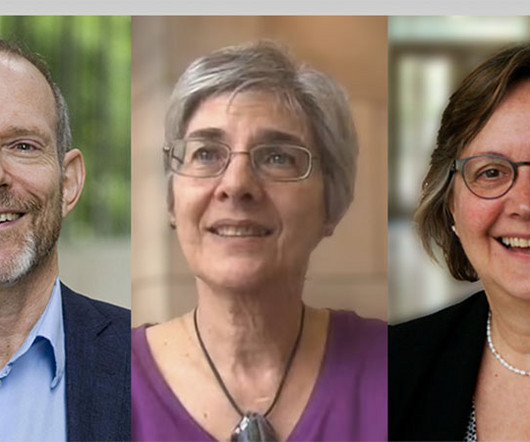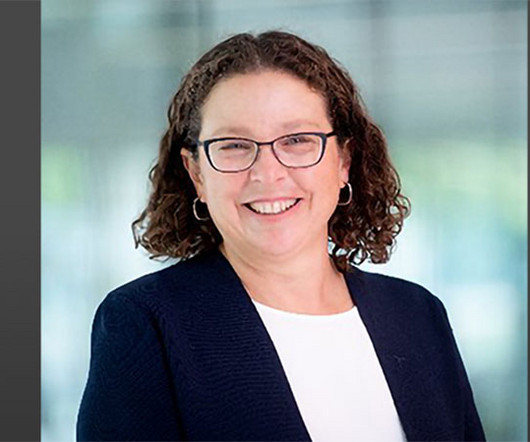Cachexia and Anorexia in Serious Illness: A Podcast with Eduardo Bruera
GeriPal
JUNE 13, 2024
Alex 02:20 (singing) “ Well, you wake up in the morning you hear the church bell ring and they march you to the table to see the same old thing ain’t no food upon the table ain’t no pork up in the pan but you better not complain boy, you get in trouble with a man let the midnight special shine a light on me.











Let's personalize your content